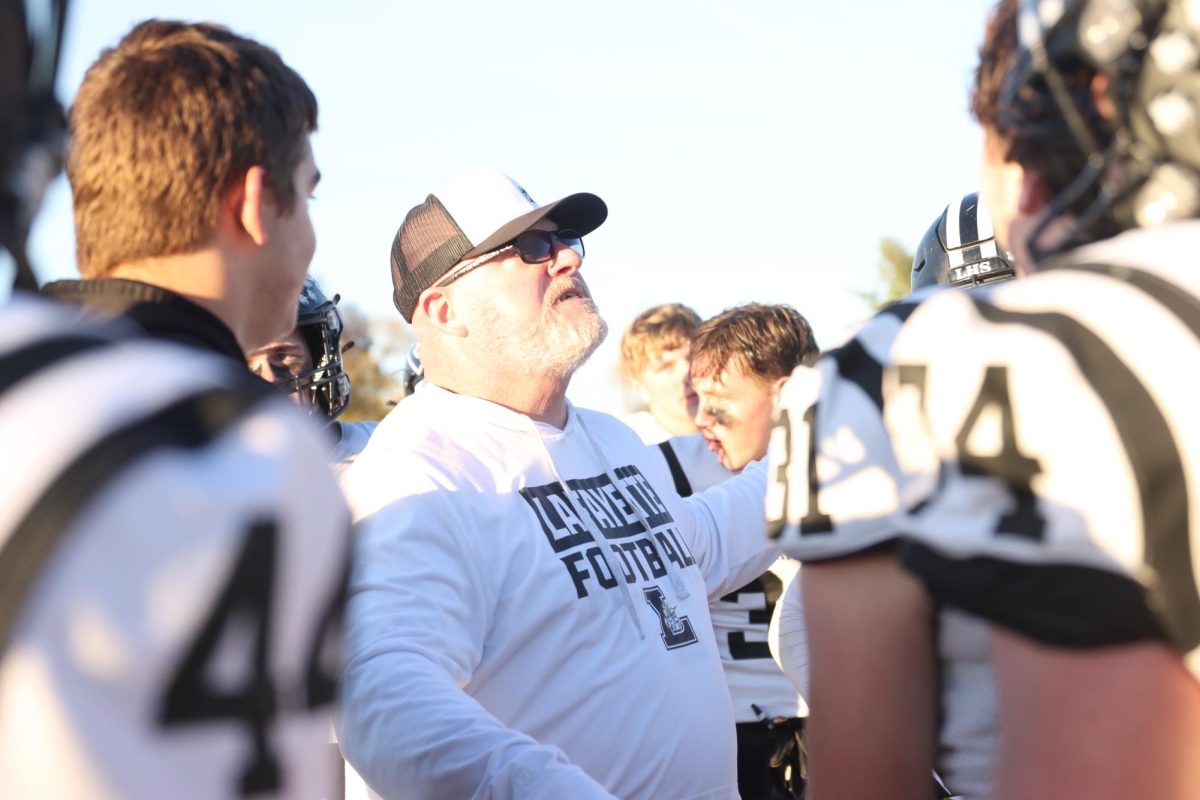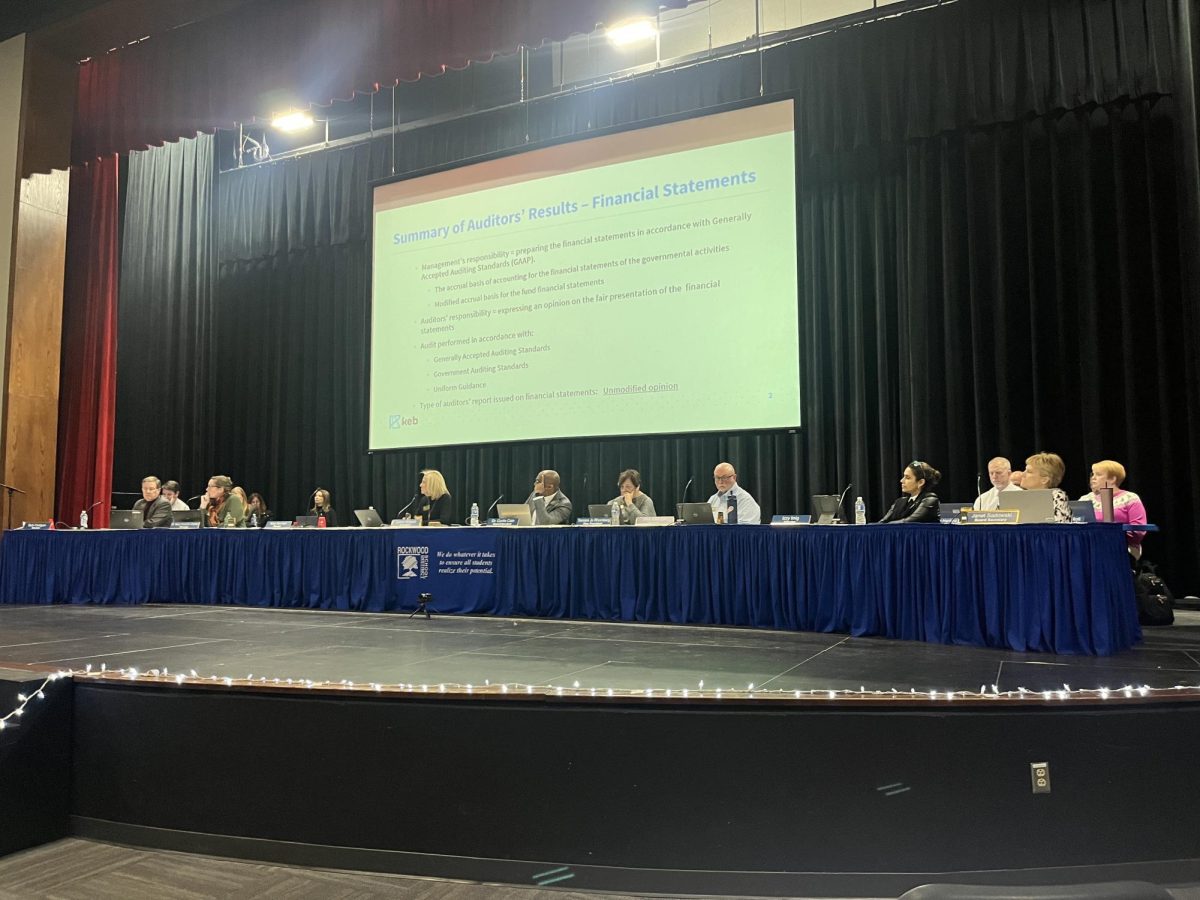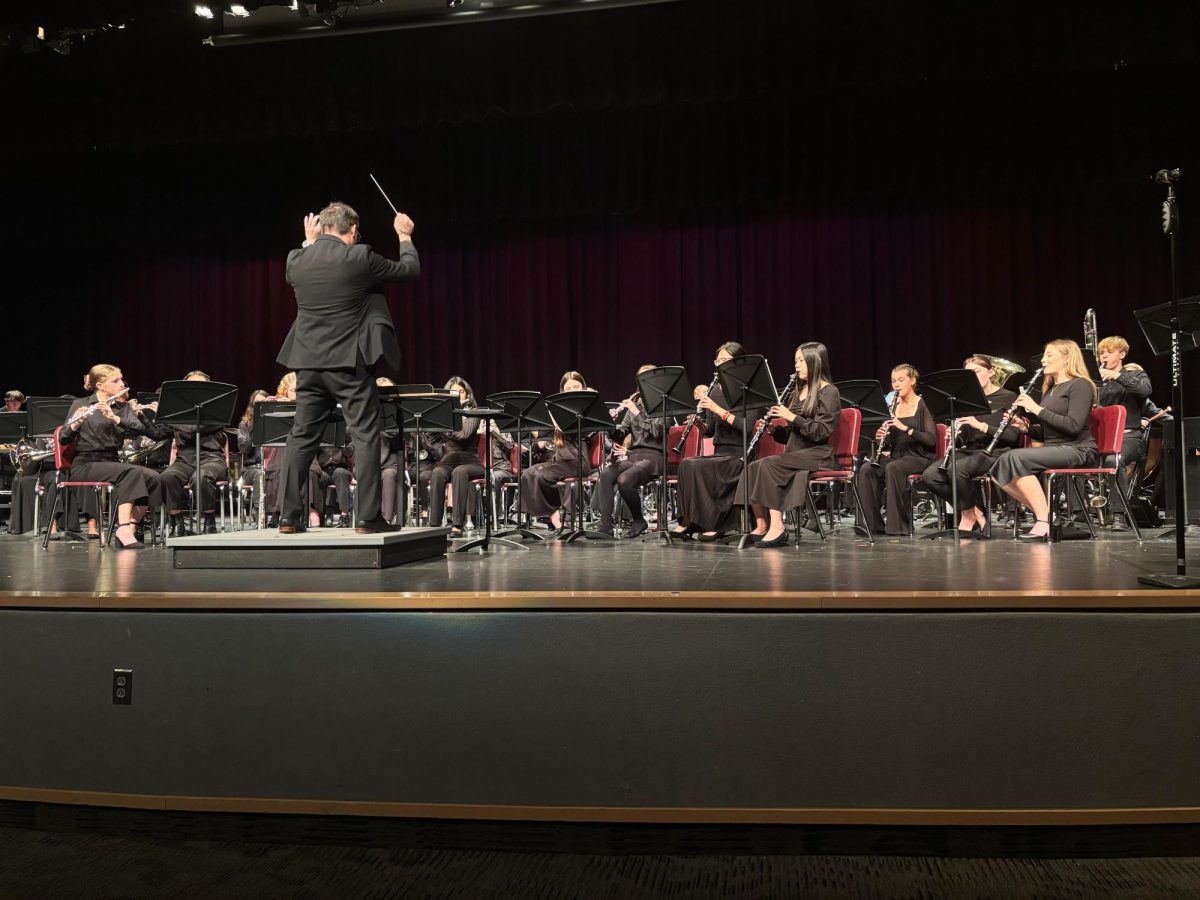After being signed into law June 7, 2023, by Gov. Mike Parson, the Missouri Save Adolescents from Experimentation Act, which restrains minors’ access to gender affirming care, went into effect Aug. 28.
As a result of the SAFE Act both University of Missouri Healthcare and Washington University Transgender Center ceased gender affirming care for anyone under 18, even if they were already being treated.
The bill sponsor, Sen. Mike Moon-R. Ash Grove, said he believes this is an admission of fault.
“I believe, as seems to be indicated by the closure of these centers, they’re admitting there’s potential harm that could be caused [by gender affirming care],” Moon said.
Moon also stressed the need for improved mental health care, although he said nothing is being enforced in Missouri.
Previous policies aimed to ensure that transgender youth received proper counseling prior to treatment, but Moon believes they were not followed.
“I would think if counselors were doing their due diligence and the practices were standard, they would help kids through these situations and give them proper length of time and the proper counseling. [Then] we might not have had the SAFE Act,” Moon said.
While Moon said he has spoken to multiple trans or previously trans-identifying individuals who agree with the SAFE Act, there are a number of trans individuals that do not.
One person who disagrees with the SAFE Act is Class of 2023 graduate Mateo LaMar, who identifies as a transgender man. He socially transitioned his junior year and medically transitioned, with a partial top surgery, his senior year.
LaMar was 17 at the time he got the surgery, something he would no longer be able to do under the SAFE Act.
LaMar’s surgery did not come without complications. While healing, he developed necrosis, the death of cells or tissue in a particular area.
To deal with these complications, LaMar went through 14 rounds of hyperbaric oxygen therapy, had a hole cut into his chest and filled with a temporary suction system, received a skin graft, and missed three weeks of school.
All things considered, LaMar still doesn’t regret the surgery.
“I’ve got a lot of scars on my chest now. [There’s] still kind of weirdly messed up tissue from the necrosis, [but] even with all that, I still feel better about my body,” LaMar said.
During the process, LaMar said his friends were always there to help him.
“It was great to have people that made me feel good about myself and made me feel it was OK,” he said.
Due to his complications, LaMar said most people gave him sympathy, but he said he was always treated well by the Lafayette community even before his surgery.
“Having people that supported me is the main reason why I am where I am today,” LaMar said.
Recently, the increase in LGBTQ+ focused legislation has created worries for LaMar.
“I feel like there’s a lot less people who actually care about the safety of kids and more so care about keeping kids from being trans. There would be a lot more emphasis in supporting them if it was really about the kids,” LaMar said.








































